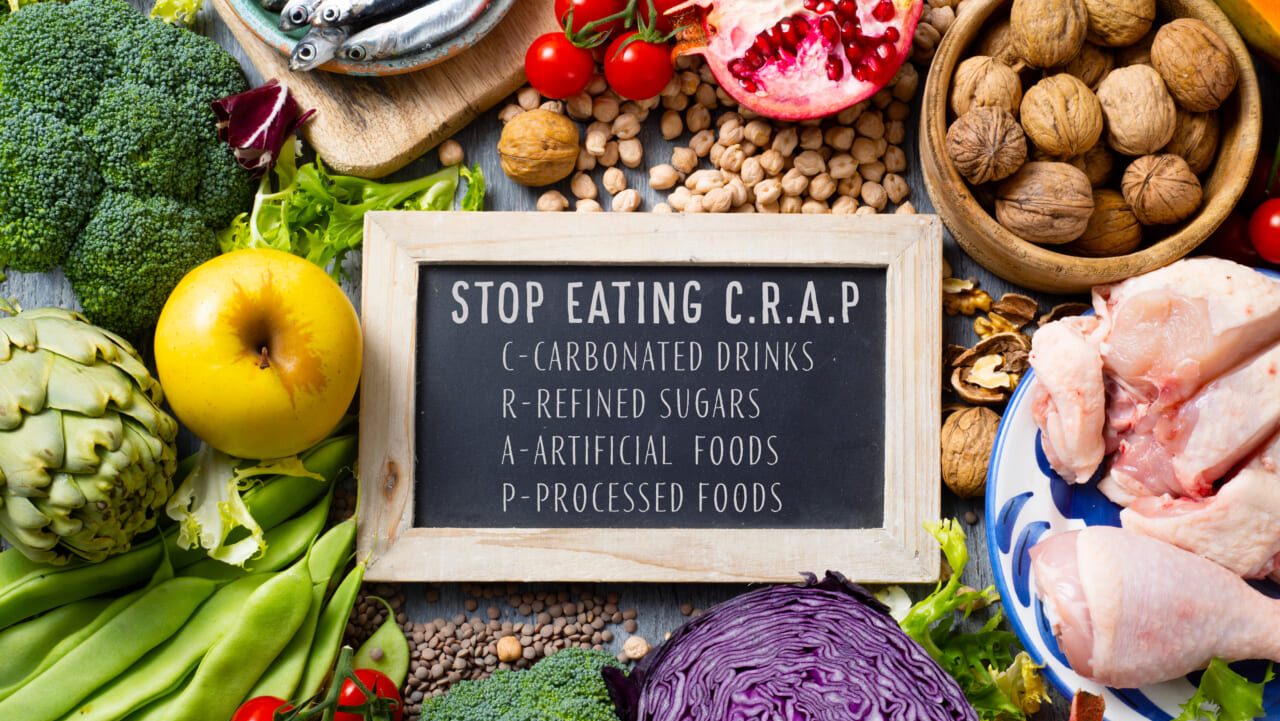We bring news that matters to your inbox, to help you stay informed and entertained.
Terms of Use and Privacy Policy Agreement
WELCOME TO THE FAMILY! Please check your email for confirmation from us.
Health
With changes in population growth and aging worldwide, it is projected there will be over 35 million new cancer cases by 2050.
The rate of younger adults receiving a cancer diagnosis has been on the rise since the ’90s.
According to Business Insider, the American Cancer Society reports colorectal, breast and stomach cancers are of particular concern. However, Tejal Parekh, a dietitian who specializes in diet-based cancer prevention, said simple lifestyle adjustments — starting with a plant-based diet — can significantly decrease the risk of developing cancer.
Parekh said herbs and foods such as cherries, apples, lentils, walnuts, blueberries, green tea, tomatoes, soy and grapefruit are believed to help prevent cancer because they contain certain antioxidants, phytochemicals — which repair DNA damage — and fiber, which helps maintain a healthy weight.
“But experts agree it is overall diet and teamwork from a combination of plant foods that seems to offer the strongest cancer protection,” Parekh said.
The registered dietician recommends filling at least two-thirds of your plate with plants at each meal, including fruits, vegetables, whole grains, herbs and spices, beans and legumes.
ShaCamree Gowdy
Associated Press
TheGrio Lifestyle
ShaCamree Gowdy
Dr. Virginia A. Caine
Associated Press
TheGrio Lifestyle
Dr. Shamard Charles
Parekh also suggests minimizing the consumption of ultra-processed foods such as sodas and sweetened breakfast cereals. UPFs, often derived from chemically modified ingredients using industrial methods, have been associated with various health issues that include cancer, early death, heart disease, obesity and Type 2 diabetes. As previously reported by theGrio, a 2023 study suggested that the more ultra-processed foods someone consumes, the higher their risk of dying from cancer.
Parekh also suggests reducing salt intake — which research has linked to an increased risk of stomach cancer — and avoiding red meat.
While the World Health Organization asserts that no level of alcohol consumption is safe for a person’s health, Parekh said if you have to drink, women should limit themselves to one serving daily and men, two. The CDC considers this amount moderate, with one drink equivalent to one shot, five ounces of wine, or 12 ounces of beer.
Parekh mentioned that being physically active for at least 30 minutes daily can also help prevent cancer. The National Cancer Institute notes that exercise can enhance the immune system and reduce inflammation.
Additionally, regular exercise supports maintaining a healthy weight. According to the NCI, individuals with higher levels of body fat are more prone to developing various cancers, although researchers are uncertain about the reasons why.
If committing to 30 minutes of exercise per day seems challenging, a study found that even 4.5 minutes of vigorous activity during day-to-day tasks could decrease the risk of developing certain cancers by 32%.
Dr. Freddie Bray, branch head of Cancer Surveillance at the WHO’s International Agency for Research on Cancer, said the global population is expected to increase from 8 billion in 2022 to nearly 10 billion by 2050, according to ABC 7 New York.
With changes in population growth and aging worldwide, it is projected that there will be over 35 million new cancer cases by 2050, representing a 77% increase from the estimated 20 million cases in 2022.
“You will see a 142% increase in cancer cases predicted by 2050 in low HDI (human development index) countries, these are the countries with the fewest resources to manage the present cancer burden,” Bray said. “Potentially we will see a doubling of the cancer burden in these settings to 2 million by 2050.”
STREAM FREE
MOVIES, LIFESTYLE
AND NEWS CONTENT
ON OUR NEW APP

